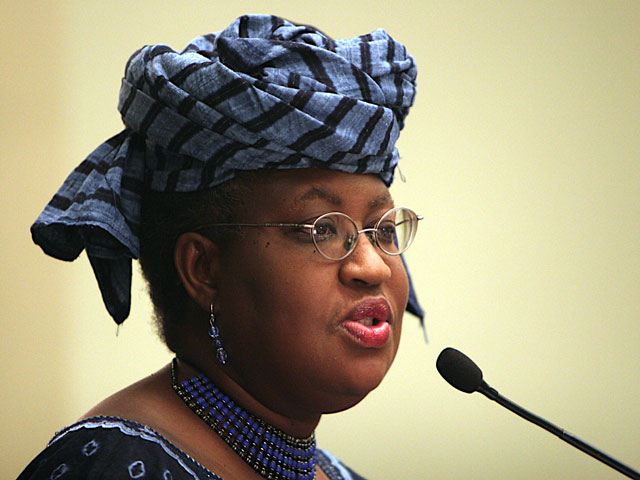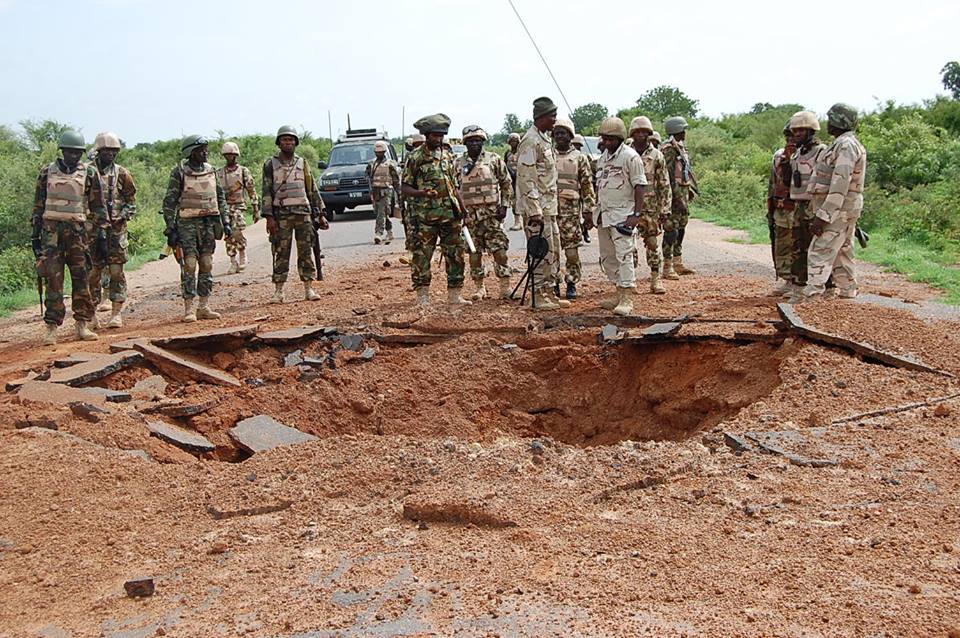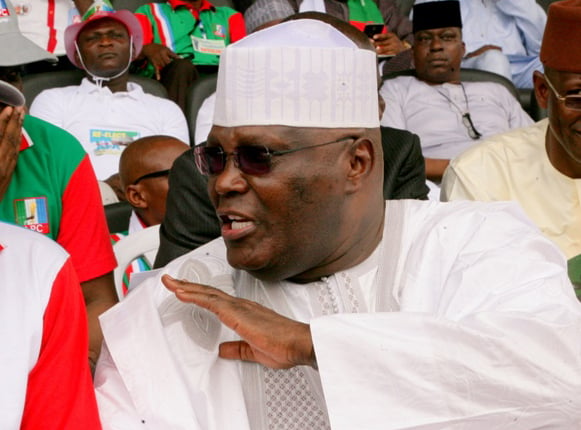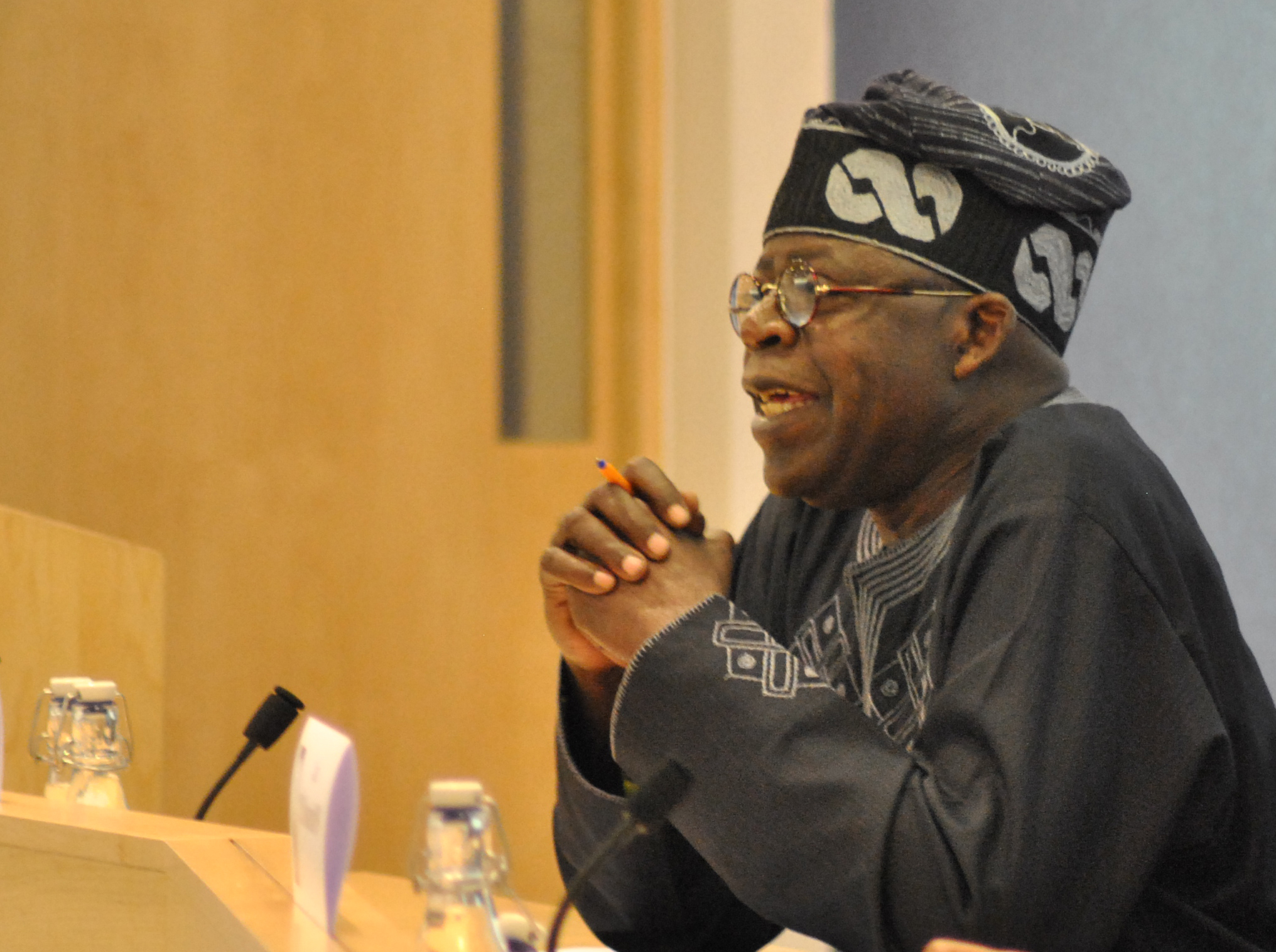The fall of oil prices is taking a heavy toll on Nigeria’s economy and Ngozi Okonjo-Iweala, finance minister and coordinating minister of the economy, reckons it will be a difficult year.
“It’s going to be a very difficult year,” she told CNN. “We’ve had a more than 50 percent fall in the price of oil and that has naturally impacted the economy.”
The Naira is currently trading at a record low against the US dollar at N199.75 per dollar, while the Nigerian stock market has slumped 15 per cent in 2015, making it the worst performing stock market in Africa.
Nigeria, OPEC’s seventh biggest producer, relies on oil for 70 per cent of its income and currently pumps about 1.8 million barrels of crude oil per day despite the slump in oil prices below $43 a barrel.
Advertisement
This has placed the economy under severe strain as financial reserves are being spent to balance government expenses, which need a price of nearly $120 a barrel to be met, according to Deutsche Bank.
“Nigeria is actually still growing and still one of the 20 fastest-growing economies in the world,” Okonjo-Iweala said.
“We’ve had to cut back on some investments but to support growth, we’ve taken the little we have and focused on high priority, high impact investments – mostly in infrastructure and health.”
Advertisement
1 comments







Hmmmmn! Difficult for the masses? Or for everyone including mr president? Let the cost cutting start from the top – you guys should start earning minimum wage too!